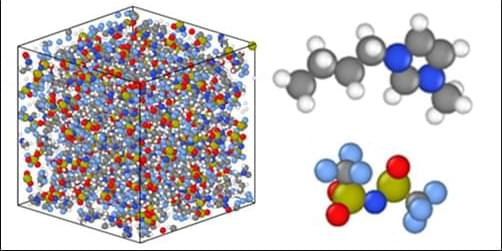Plant-derived THC extracts significantly reduced fibromyalgia pain in patients resistant to standard treatments. [ https://www.labroots.com/trending/cannabis-sciences/30219/pl…gia-pain-2](https://www.labroots.com/trending/cannabis-sciences/30219/pl…gia-pain-2)
How can cannabis oil help alleviate fibromyalgia pain? This is what a recent study published in the Journal of Anesthesia, Analgesia, and Critical Care hopes to address as a team of researchers from Italy investigated the benefits of using tetrahydrocannabinol (THC)-based medicine options, specifically cannabis oil, for treating fibromyalgia pain. This study has the potential to help researchers, medical professionals, legislators, and the public better understand the benefits of using cannabis products for treating chronic diseases over prescriptions medications, and the steps that can be taken to implement them.
For the study, the researchers analyzed data obtained from 65 adult patients comprised of 59 women and 6 men diagnosed with fibromyalgia for a minimum of 7 years and were treated with cannabis oil therapy with a concentration of 15 percent from 2021 to 2023. The goal of the study was to ascertain the effectiveness of cannabis oil on mitigating fibromyalgia pain compared to traditional methods, specifically prescription medication. In the end, the researchers found that not only did the patients report decreased fibromyalgia pain during cannabis oil therapy, but this pain reduction was greater with younger patients.
The study notes, “While these observations should not be interpreted as evidence of effectiveness, they contribute real-world insights into tolerability and adherence in routine care. We hope they may help inform future prospective research aimed at better defining the role of cannabis oil in fibromyalgia management.”





